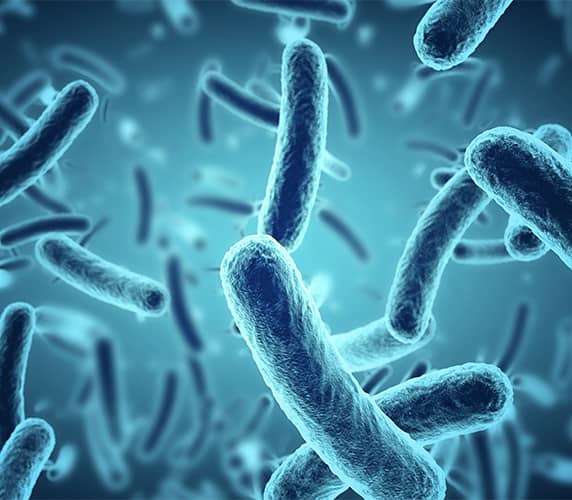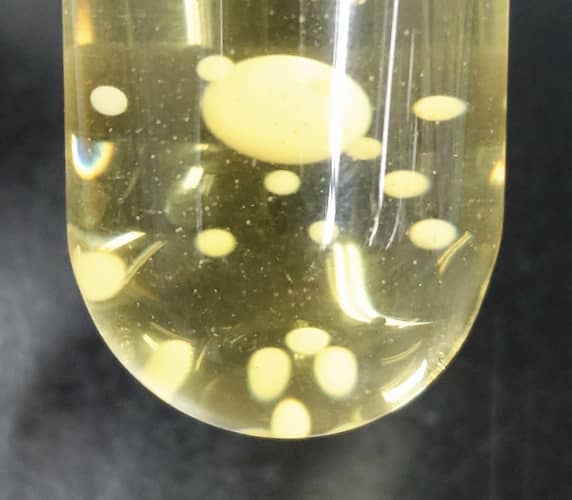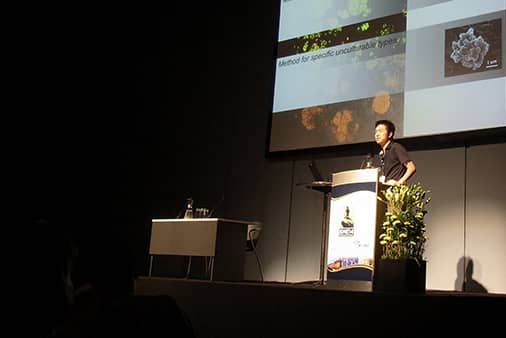Mission Statement

- What are uncultivable microorganisms?
- Why do they resist cultivation?
- How do we make them grow?
Although highly diverse microbial consortia exist in natural environments, it is generally recognized that most microorganisms are not readily cultivable in the laboratory. Thus, a majority of them remain untapped, unknown, and unused, regardless of their huge potential.
It is obvious that recent widespread cultivation-independent approaches have had a huge impact on new discoveries in the field of microbial ecology. Despite this, the importance of microbial cultivation is increasing.

Our goals are: 1) bringing innovation to microbial cultivation, 2) isolating and cultivating important but uncultivated microorganisms, and 3) deciphering the mechanism of microbial uncultivability.
These goals would help us understand the mechanisms that control microbial ecosystems and to identify methods for ecosystem management through controlled growth and activity of specific microbial types in nature.
Scientists have been trying to understand “life” by studying easily cultivable organisms. However, most living organisms are prokaryotes (microorganisms), and uncultivable (uncultivated). Therefore, the cultivation of uncultivable microbes is related to an understanding of the essence of life. Furthermore, the knowledge gained by studying the cultivation of uncultivable microbes will impact diverse scientific fields and lead to huge innovations in a variety of fields.
Yoshiteru Aoi
What's new
-
2022.02.18The homepage has been released.














